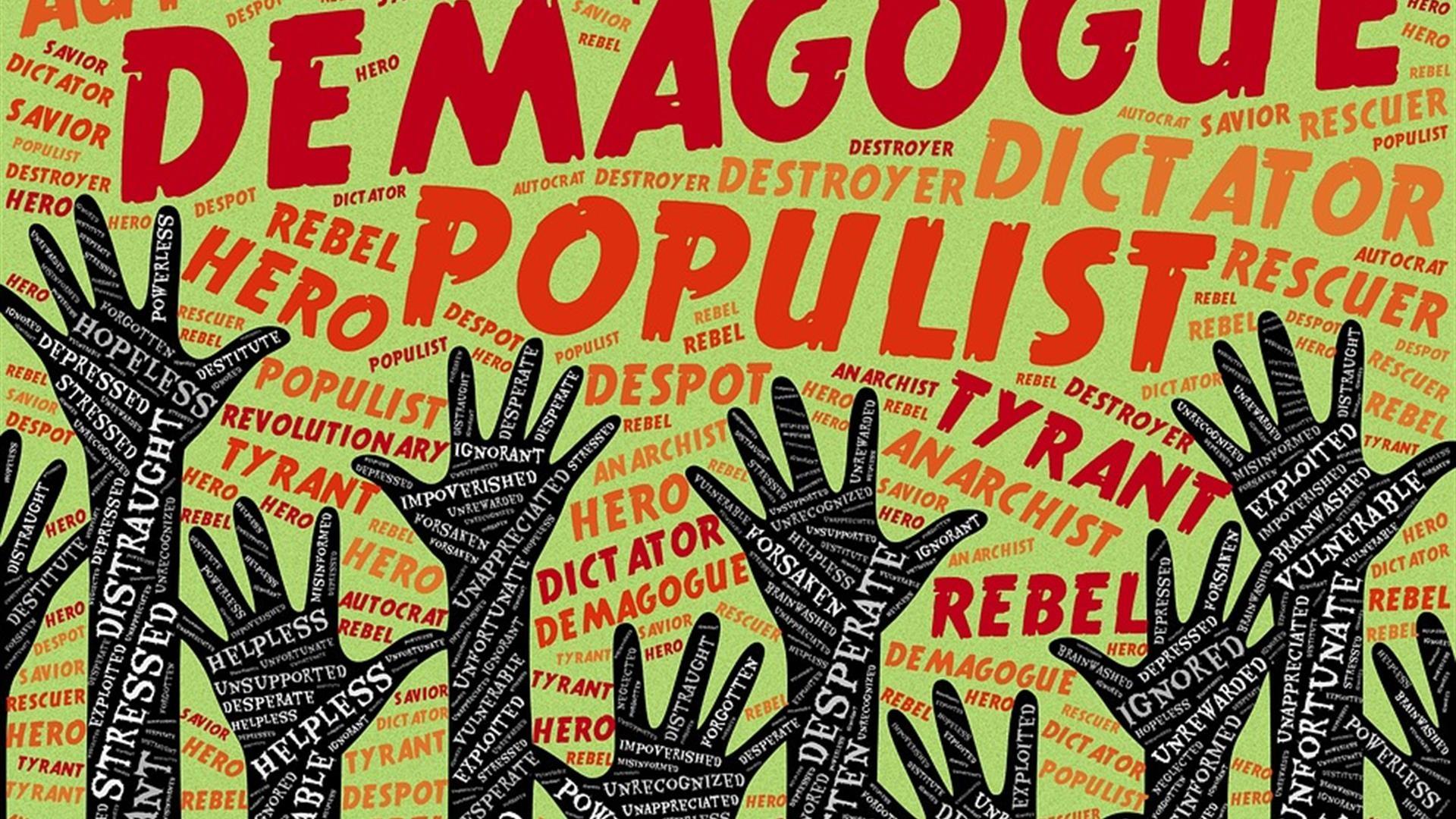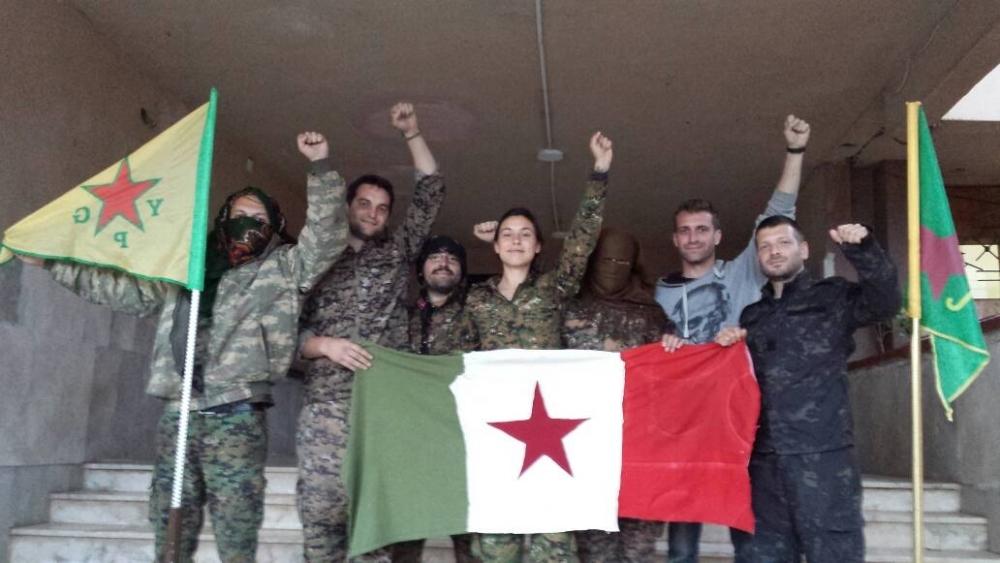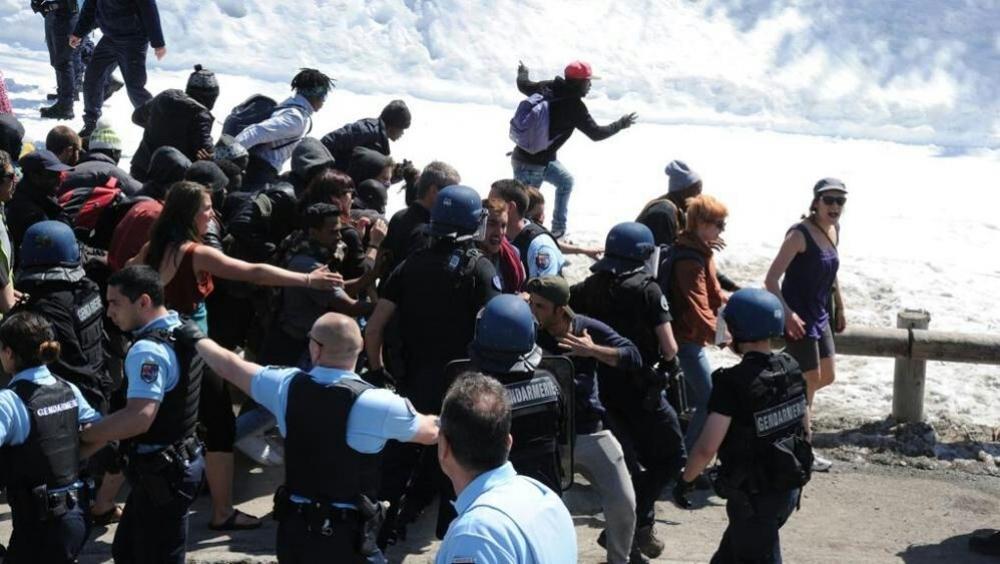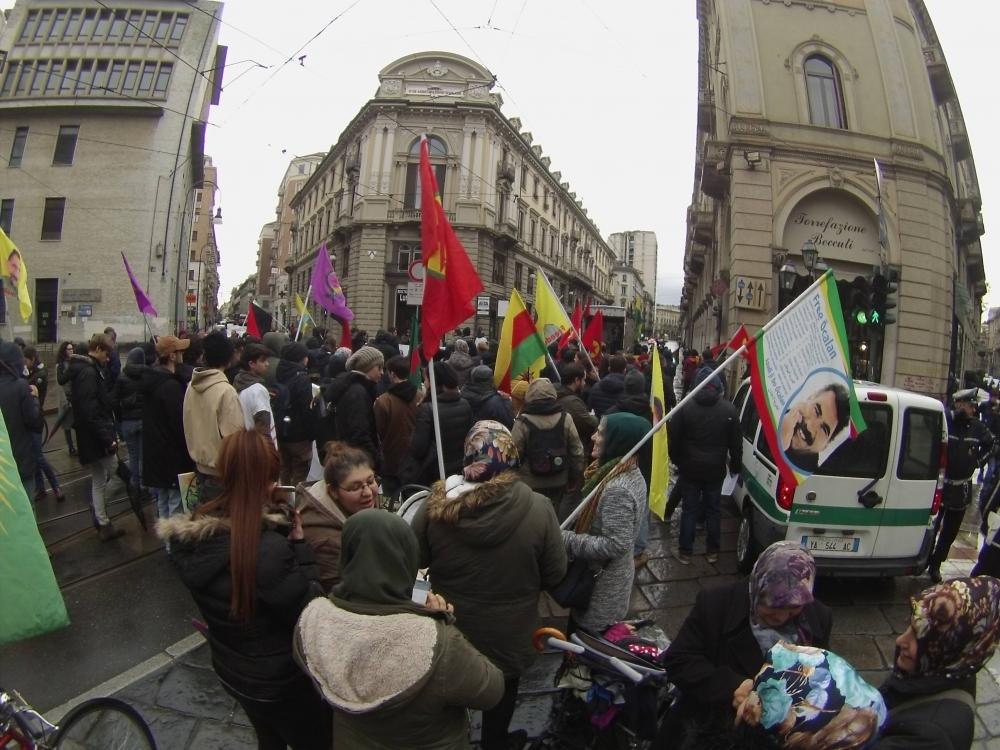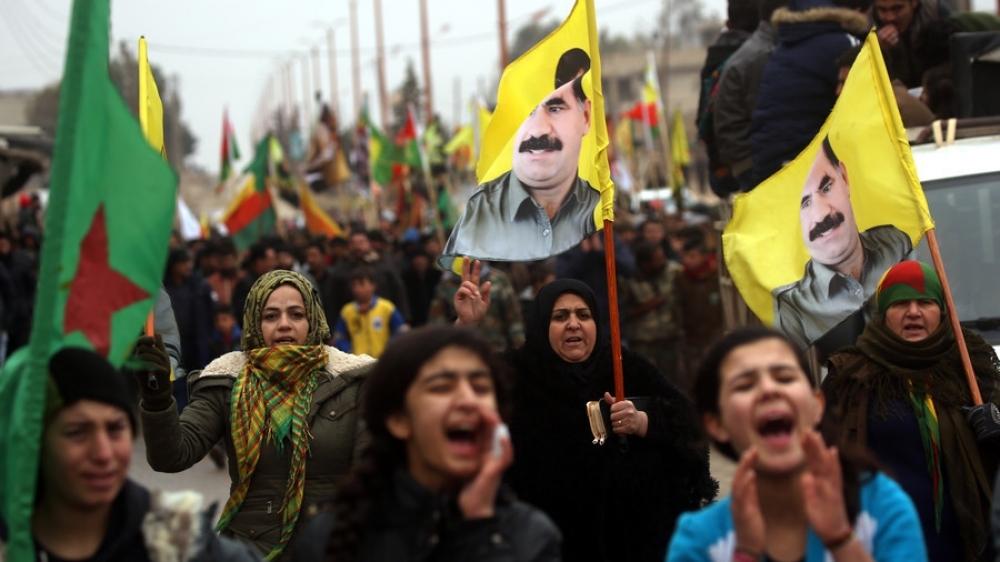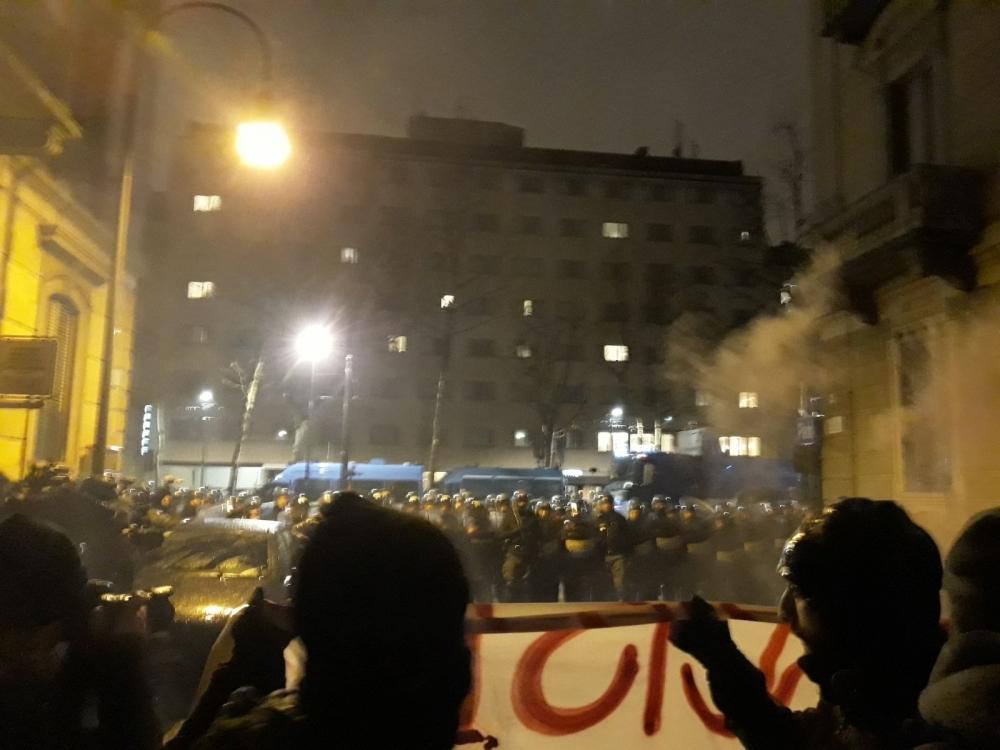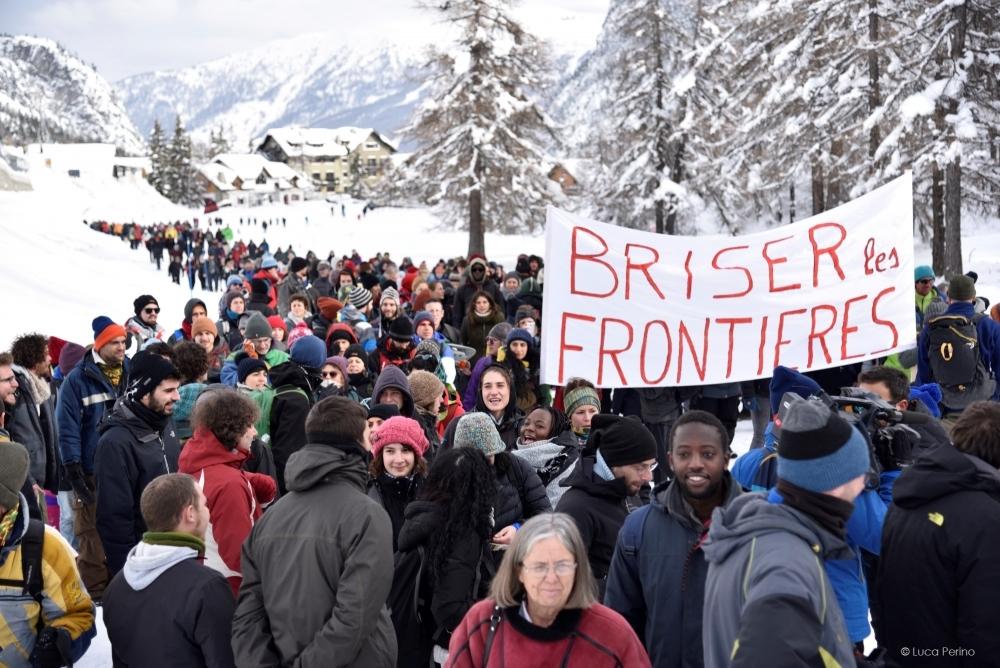
Syriza and social movements: between big risks and some opportunities. Interview with AK Athens

Infoaut: Now that Syriza seem to have conquered the majority of the seats in the Greek Parliament, what should we expect as the first moves of the new government? Where will the pivotal focuses of intervention take place, also according to debate of the latest days of electoral campaign? Which issues will be given priority, the internal or the international ones?
Spyros: We are entering a period of really dense political time, the decisions of all political players will generate drastic results that will define the future. It’s too soon to define the first moves of the SYRIZA government in such a fluid and unstable environment. My belief is that the governmental party hasn’t taken final decisions on various crucial matters yet. Tsipras has proven to be acting out of the box of a strict left agenda, adopting a pragmatic agenda based on broad parliamentary consensus. The participation of ANELL (indipende Greeks) will surely put serious limitations on the –supposed- agenda of SYRIZA on immigration, human rights, the separation of Church and State and other relevant issues. Of course, the main political issue is that of the national debt. I believe that SYRIZA wants to create a national alliance inside the parliament in order to negotiate the issue more effectively with their European “partners”, so I believe that priority no.1 for the government is to buy some political time to prepare itself for the negotiations abroad.
Infoaut: What are the countermeasures which those people ruling over the capital flows inside the country (so more than just the other parties) could now implement? In these months Tsipras tried to as best as he could to appease the moderate forces, talking about “deep discussions” and not about “strong disruptions” with the Troika. In spite of this, international finance has already reacted in a negative way to the potential of a victory for Syriza and the situation may well carry on like this in the next days…
Spyros: This is an answer that can be answered only by the government officials. They are the ones that have a clear perspective on the potential of public cashiers to finance the program of SYRIZA. A lot will be defined by the choices of the European leaders because they too haven’t adopted a clear position on what they will tolerate and what they will not.
Infoaut: A relevant given is the one concerning Golden Dawn; although it has a good share of its leaders in prison and in spite of the right-wing vote massively flocking to New Democracy, in order to make a stand against the pro-Tsipras vote, the result between 6 and 8% is surely an important one. Recently, Golden Dawn also declared that a Syriza government failure would pave the way for its further political surge which would bring the neonazis in turn in power. How do you consider this data and these impressions? How did Golden Dawn behave during the electoral campaign? According to you, could any backlash against this organization follow Syriza’s arrival in power?
Spyros: Fascists were always present in the Greek political scene, although in disguise inside other parties and the general nationalist discourse which is a common characteristic of the Greek Parliamentary forces. Golden Dawn was a magnet that organised them and made them a serious threat, in the streets for society and in the parliament for the other political streams of the Right. The trial of Golden Dawn will start around March and is estimated to last a couple of years! The management of the trial by Golden Dawn and Syriza is ambivalent and will define a lot, for better or for worse. The sure thing is that Golden Dawn lost its “street cred” after the arrests (because it lost its direct police assistance). I believe that the Golden Dawn percentage is the exact percentage of hardcore Nazi and junta fans in Greece and it is really difficult to fall . But even in the stream of the Far Right there are intensive negotiations and debates that will probably give birth to a new party that will purify ex Golden Dawn members from Nazism and radicalise the ex New Democracy ones. If I would bet on the next hegemonous political stream in politics in the event of a Syriza collapse my choice would be an alliance of the “extremists of the Centre” and neocons , around the Potami (River) party and not a far right one.
Infoaut: After the extraordinary cycle of strikes and revolts against the memorandum, since 2012 it seems to us that the movement against crisis in Greece entrenched itself in a whole lot of self-management, mutualist and antifascist experiences. What kind of relations did the Syriza Party enjoy in the last years with these social and political processes animated by the movements? With Syriza in power what kind of revolutionary possibilities are going to be done with – and which ones may open up, from the struggles’ point of view?
Spyros: The question summarises the core of the political problem of the Greek contemporary movement that has to be answered nowadays. Syriza is a result of both struggles and their defeat at the movement level. The movement failed to pose a serious counterattack against the conservative attack at all levels, having also the EU support. Syriza was elected also by the votes of the people of the movement and this is reasonable because it posed a realist choice in various matters that the movement has failed (for example a defence of the taxation attack, the abolition of Sunday labor, the abolition of the high security prison law). On the other hand, we all know that there is no “libertarian” government and no one will apply measures that promote or secure freedom and the interests of the lower classes, unless they struggle for those interests. The participation of populist Right ministers in the government and ex PASOK members supports the previous argument. So, the movement has to take into consideration the new political landscape and create a new strategy. I would imagine three important elements that should characterize this ; the first is to blackmail the government to enforce the common agenda that it shares with the movement (shut down detention camps for refugees and grant citizenship, abolition of high security prisons, abolition of antiterrorist laws etc) and ensure that the movement will be the strongest opposition, the second is to occupy , expand and create new social spaces for the movement and last, but most important of all, to create a common ground, a common center , a common universe against and outside state and capital control. Social centres must focus on serving social needs, but they must also build institutions of mutual support and sharing (social bank that will promote the projects, solidarity economies and distribution networks etc). Antifascist initiatives have to work together to promote antifascist discourse and antifascist street vigilance. The seizure of space and the transformation of the metropolis into a galaxy of social spaces and initiatives of self management requires a level of coordination and organization that the Greek scene hasn’t even imagined so far. The biggest threat to the context of all these is the danger of integration within the state, and the biggest challenge is to secure total autonomy whilst also the viability of the antiauthoritarian project. There is also a fourth element, that of international coordination and support. The greek autonomous/anarchist/antiauthoritarian movement always declares that the solution can only be international but hasn’t done much to promote this. It is time to create a permanent, effective and ambitious common space of struggle between the European and Mediterranean autonomous and antiauthoritarian initiatives that will enforce our discourse and praxis. All these four factors require a lot of thinking, debate and recomposition on behalf of the a/a/a movement and, as far as I can tell, there are a lot of people that share this ambition.
Infoaut: Has Syriza hinted about how it is going to reform the police apparatus, which was responsible for countless abuses, repression and partly infiltrated by golden dawn? Can we expect some degree of success for such plans? What about prison system reform and the condition of political prisoners?
Spyros: The ministry of Police (aka “Protection of Citizen!”) will be under the ministry of the Interior. The minister of the Interior will be Nikos Voutsis , father of an ex political prisoner convicted for armed robbery. In his first declaration he was relatively aggressive to the Police, referring to the racist and brutal incidents of police violence of the previous years. In terms of will, I think there is going to be a genuine effort to reform the Greek police to European human rights standards. On the other hand , the vice minister of Police will be criminologist Jannis Panousis, an ex PASOK and DIMAR politician. His political view is a simultaneous democratization of general policing but also the technological and institutional enhancement of the “antiterrorist” police work. On the other hand, it is for the second time that 50% of policemen voted for Golden Dawn. The infiltration of Nazis in the police apparatus is very deep and strong and I m not sure if the government will be able to crack it. The only sure thing is that there is certainly going to be a sincere effort to that direction. In a couple of days Golden Dawn has called for its annual demo and antifascist-anticapitalist collectives have called a counter-demonstration. The stance of the government and the outcome of this day will give a first image of the near future. As far as the prison system, they have already declared the abolition of the monstrous high security prison law. The overpopulation of the Greek prisons is a result of the really strict criminal penalties concerning drug crimes, also the racism of Greek judges and policemen and the extreme abuse of the pre-trial incarceration. Positive steps in this area will be determined by the internal contradictions of SYRIZA and ANELL in the government, but we have to admit that the legal personel of SYRIZA are really progressive and may be able to decompress the continuous social pressure regarding prisons. The issue of political prisoners is a very serious matter and one on which SYRIZA hasn’t made any declaration. Right now there are around 50 political prisoners in the Greek prisons. Some of them are Turkish, members of DHKP-C, and are accused of terrorism by the Turkish state. Some others have been sentenced for many years, convictions that are based in the totalitarian antiterrorist legal framework that demands extreme penalties for minor crimes, or even criminalises personal relations. I believe that this is a matter that won’t go ahead if the movement doesn’t pose some serious pressure against the government.
Infoaut: Since the first time in which Syriza had chances to win in the polls ,(so to say after the end of the great cycle of struggle from below against the memorandum and the eruption of Syntagma), has their relationship with the movement changed?
Spyros: The nearer SYRIZA got to the chance of seizing parliamentary superiority the more it distanced itself from the movement. The adoption of a lot of ex PASOK populist politicians into the party made clear that SYRIZA is a product of the defeat of the squares to pose a direct democratic alternative rather than a dialectic bloom of a socialist movement. The members of SYRIZA behaved as true inheritants of the Stalinism that characterizes all the left parties in Greece , defending every absurdity of their leadership, instead of criticizing and promoting a more movemental agenda. There is an estimation that 10’000 governmental and ministerial positions are the critical ones, that every government has to put its own people into to produce sustainable politics. It is very clear that , since SYRIZA has 35000 members, one out of the three will take a place in the state apparatus, it will be a party that will quickly become a party of the State, adopting all the bureaucratic reflexes that this entails. So, a lot of SYRIZA affiliated forces will face the dilemma of either returning to the movement or making a permanent divorce with it. One thing is for sure: state and movement are two elements whose only dialectical relation is one of conflict. If not, their relation is integration and bureaucracy.
Ti è piaciuto questo articolo? Infoaut è un network indipendente che si basa sul lavoro volontario e militante di molte persone. Puoi darci una mano diffondendo i nostri articoli, approfondimenti e reportage ad un pubblico il più vasto possibile e supportarci iscrivendoti al nostro canale telegram, o seguendo le nostre pagine social di facebook, instagram e youtube.











